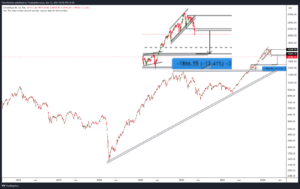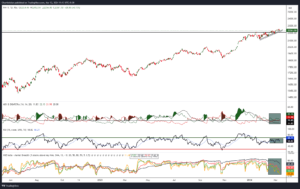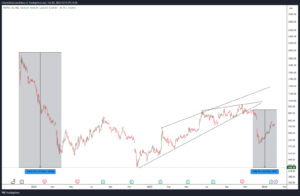Short-term investing is a strategy wherein individuals seek to capitalize on market opportunities over a brief period. Unlike long-term investments that focus on assets held for years or decades, short-term investing involves a more active approach, aiming for quick profits within a shorter time frame, often spanning from days to a few months.
In short-term investing, the primary goal is to leverage market volatility, swiftly reacting to price movements in financial instruments such as stocks, commodities, currencies, or derivatives. Investors employing this strategy closely monitor market trends, technical indicators, and news that could impact asset prices to make timely buy or sell decisions.
One of the critical advantages of short-term investing lies in the potential for quick returns. Investors can aim to generate immediate profits by capitalising on short-lived market fluctuations. However, this approach also carries higher risk due to the volatile nature of short-term price movements. Prices can shift rapidly, and incorrect predictions or mistimed trades can result in losses.
Several techniques are commonly used in short-term investing, including day trading, swing trading, and scalping. Day trading involves executing multiple trades daily, taking advantage of small price movements. Swing trading spans slightly longer, with trades held for several days to weeks to capture short-term trends. Scalping involves ultra-short-term trades, attempting to profit from small price changes within seconds to minutes.
Short-term investing requires a robust understanding of market dynamics, technical analysis tools, and risk management strategies. Traders often use moving averages, relative strength index (RSI), and stochastic oscillators to identify entry and exit points. Risk management is crucial, with traders employing stop-loss orders to limit potential losses and maintain discipline in their trading strategies.
While short-term investing offers the allure of quick gains, it demands a high level of market knowledge, discipline, and continuous monitoring. It requires traders to stay informed about market news, economic events, and global developments that can swiftly impact asset prices.
In conclusion, short-term investing is a strategy catering to investors seeking immediate returns by actively participating in volatile markets. However, it requires a thorough understanding of market dynamics, technical analysis, and effective risk management to navigate the fast-paced and ever-changing landscape of short-term trades.











